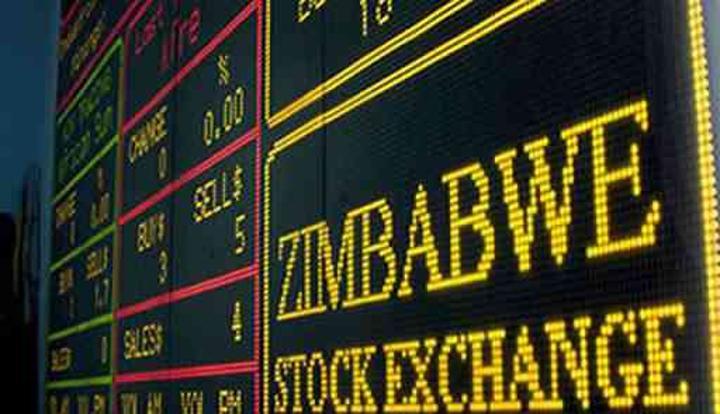Africa-Press – Zimbabwe. THE Zimbabwe Stock Exchange (ZSE) is grappling with an unprecedented wave of foreign disinvestment as investors continually fail to remit their local earnings outside the country, NewsDay Business understands.
Failure to remit foreign currency earnings outside the country has only worsened since last April, with the introduction of the Zimbabwe Gold currency, owing to a liquidity crunch induced by hawkish fiscal and monetary policies.
Companies such as Botswana retailer Choppies Enterprise Limited and British multinational professional services and fast-moving consumer goods firms, PricewaterhouseCoopers International Limited and Unilever PLC, respectively, all exited Zimbabwe last year owing to this failure to remit local earnings.
Information gathered this week shows that in recent months, virtually all foreign activity has been on the selling side as investors scramble to exit, leaving local investors to prop up a market starved of external capital.
“While efforts such as the willing buyer willing seller platform and less onerous exchange controls at the VFEX (Victoria Falls Stock Exchange) were implemented to partly to address the external payments issues, they are largely too little too late. It’s like closing the stable door after the horse has bolted,” financial analyst Ranga Makwata told NewsDay Business in an interview.
“These efforts have largely failed to stop the capital flight and have equally fared dismally in attracting funds into the country.
“The ZSE has seen massive disinvestment by foreign investors from 2018, with foreign participation reducing from peak levels of 50% during dollarisation to less than 10% currently.”
He said foreign turnover peaked at about US$184 million and US$282 million in 2013 and 2014, respectively, which had since shrunk to about US$25 million last year.
The expert noted that foreign participation now is mostly on the selling side.
“For instance, in the first six months of 2025, on VFEX, only 1% of purchases were from foreigners compared to 14% on the selling, showing that offshore investors are largely sellers,” Makwata said.
“Many find the market less attractive now compared to other Africa markets because of the problems in moving out funds to their external bank accounts. Some investors are still queuing up to transfer their funds and are part of the blocked funds.”
South African cement manufacturer, PPC Limited (PPC) recorded a cumulative negative fair value adjustment of ZAR413 million as at March 31, 2025, owing to blocked funds held by the Reserve Bank of Zimbabwe (RBZ) from its local subsidiary.
Makwata noted that other companies with blocked funds have reluctantly accepted Treasury Bills (TBs) as payment for their blocked funds.
He, however, said that those were some of the TBs that were being discounted heavily on the market.
“Investors are uncomfortable with the idea that when they want to move money out, they have to jump through hoops or have to give away some value through discounting financial instruments they will be holding,” Makwata said.
On May 14, during a Parliament sitting, Justice, Legal and Parliamentary Affairs minister Ziyambi Ziyambi revealed that in the week before, banks could only supply US$10 million in forex requests against a proposed US$25 million, confirming the issue.
Adding to the unease is the prolonged suspension of Old Mutual Zimbabwe shares, a subsidiary of the South African financial firm, Old Mutual Limited
For More News And Analysis About Zimbabwe Follow Africa-Press






